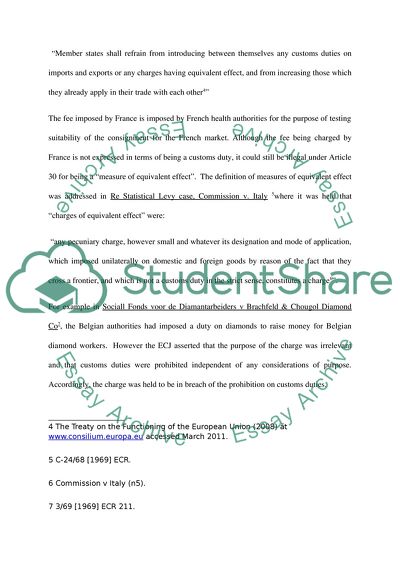Cite this document
(Consideration of the Case of Nubourgs Selling in Europe Coursework - 1, n.d.)
Consideration of the Case of Nubourgs Selling in Europe Coursework - 1. Retrieved from https://studentshare.org/law/1750427-european-union-law-2
Consideration of the Case of Nubourgs Selling in Europe Coursework - 1. Retrieved from https://studentshare.org/law/1750427-european-union-law-2
(Consideration of the Case of Nubourgs Selling in Europe Coursework - 1)
Consideration of the Case of Nubourgs Selling in Europe Coursework - 1. https://studentshare.org/law/1750427-european-union-law-2.
Consideration of the Case of Nubourgs Selling in Europe Coursework - 1. https://studentshare.org/law/1750427-european-union-law-2.
“Consideration of the Case of Nubourgs Selling in Europe Coursework - 1”, n.d. https://studentshare.org/law/1750427-european-union-law-2.


